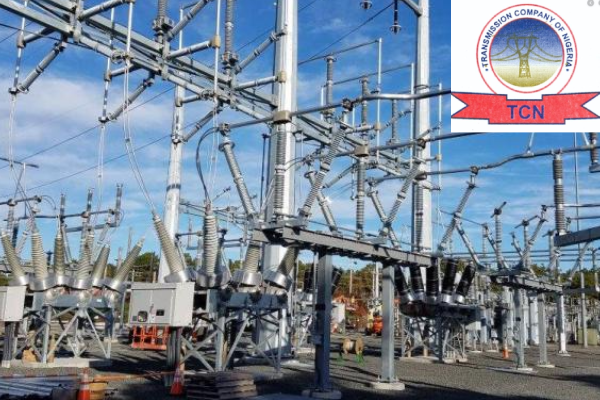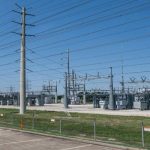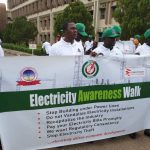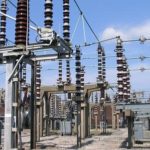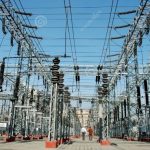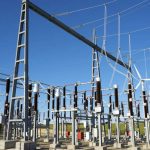Nigeria’s electricity generation peaked at 3,687.3MW on Wednesday, down 4.6 percent from the previous day’s total of 3,865.4MW. This is according to data from Nigeria’s Transmission Company (TCN).
According to data on the website, off-peak energy generation fell by 2.7 percent on Wednesday to 3,393MW. Meanwhile, Nigeria produced 84,840.74MWh of total energy, a 2.2 percent decrease from the previous day’s total of 86,721.96MW.
Similar to Tuesday’s figure of 85,563.15MWh, energy supply fell by 2.1 percent to 83,795.82MWh.
https://www.tvcnews.tv/2022/03/power-generation-drops-to-1145mw-tcn/Nigeria’s energy generation continues to fall short of the minimum 105,000MWh required to keep the country’s power supply stable. Notably, Nigerians continue to face epileptic power supply, with multiple grid disruptions recorded in 2022, resulting in widespread blackouts across the country.
Despite significant interventions by the Central Bank in this sector, Nigerians continue to suffer from epileptic power supply. According to the apex bank, during the press briefing for the MPC meeting in May 2022, the bank released N15.71 billion to sector players including GenCos and GasCos under the Nigeria Bulk Electricity Trading Plc between April and May 2022. The total disbursement under the facility now stands at N1.3 trillion.
Similarly, the Nigeria Electricity Market Stabilisation Facility – Phase 2 released N22.67 billion to Distribution Companies (DisCos) for their Operational Expenditure (OpEx) and Capital Expenditure (CapEx) (NEMSF-2). The total amount disbursed under the NEMSF-2 is currently N251.93 billion.
Many Nigerians and businesses rely on electricity, especially given the rise in the cost of alternative energy in the midst of the global energy crisis. The cost of power in the country has risen, which is exacerbated by intermittent power outages.

